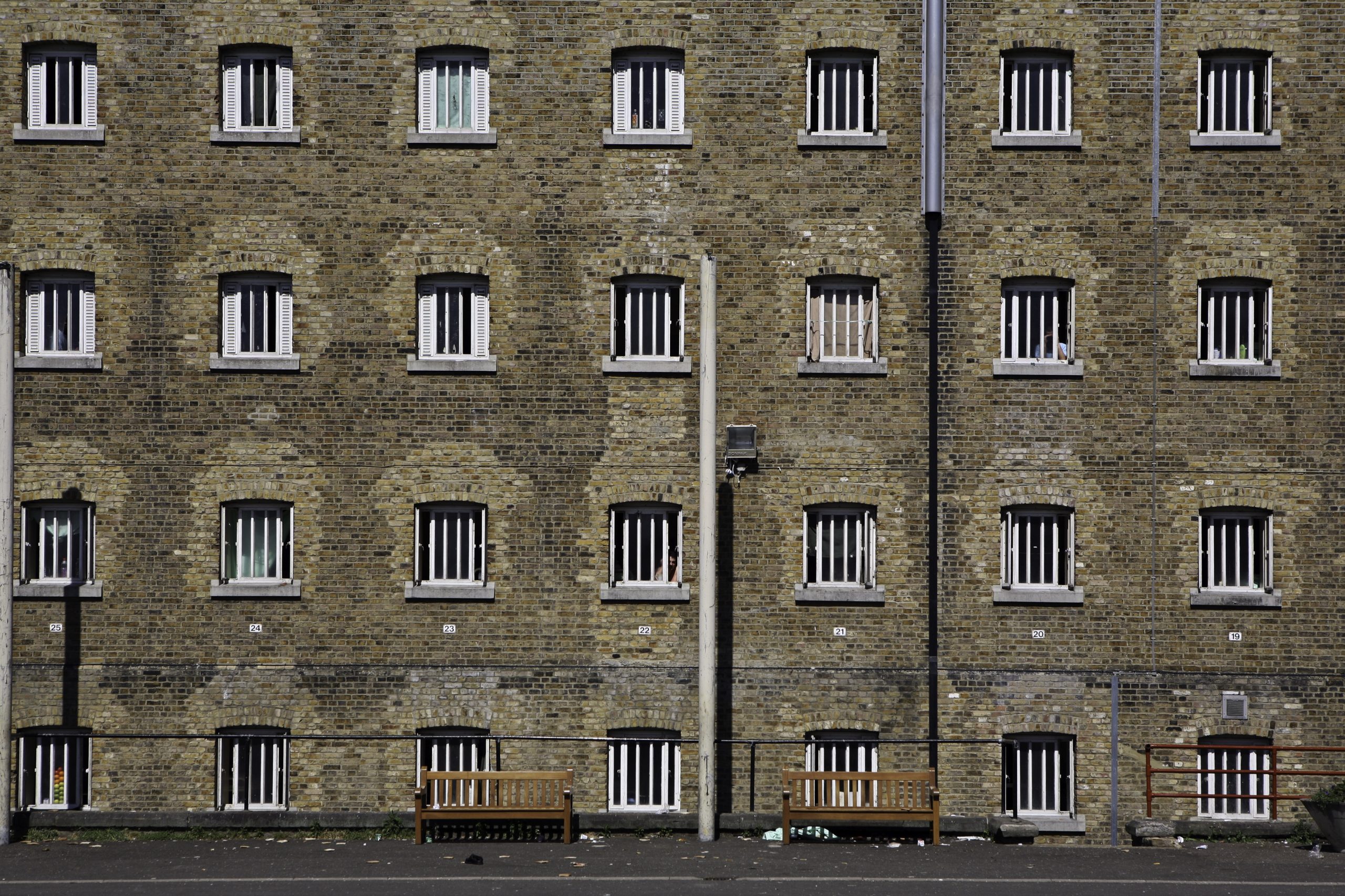The government yesterday published radical sentencing reforms aimed at keeping serious offenders in prison for longer, despite the Public Accounts Committee warning that prisons could run out of spaces by 2023 days ago. The long-trailed white paper has been pitched to the public as the government’s clampdown on soft justice includes longer jail terms for serious offenders, increased community punishments, 20-hour-a-day curfews and the use of satellite monitoring for convicted burglars.
The Justice Secretary, Robert Buckland, argued that the current sentencing regime left many petty criminals stuck in a life of crime with little hope of turning things around. Thus, alongside increased use of whole life orders and new legislation introducing life sentences for killer drivers, the proposals include plans to help rehabilitate offenders and support ex-offenders striving to turn their lives around through flexible community orders and reducing the time in which they are required to disclose certain convictions for non-sensitive roles.
The plans also include:
- New powers to halt the automatic release of offenders who pose a terrorist threat or are a danger to the public.
- Reducing the opportunities for over 18s who committed murder as a child, to have their minimum term reviewed – ensuring they cannot game the system and torment victims’ families further
- Piloting Problem Solving Court models in up to five courts, targeted at repeat offenders who would otherwise have been sent to custody.
- Making full use of tagging technologies to create a tough restrictive order in the community.
- Addressing the approach to offenders with conditions like autism and dyslexia.
‘Our measures will ensure the most serious violent and sexual offenders get the prison time they deserve, while new community interventions and changes to rules around criminal records will help boost rehabilitation and cut reoffending which means creating fewer victims,’ said Robert Buckland.
Peter Dawson, director of the Prison Reform Trust called the white paper a ‘tired set of proposals’ that ‘reheats the failed policies of so many previous governments’. Sentencing has been getting tougher for three decades, with no impact on either crime or public confidence,’ he continued. ‘All it guarantees is an overcrowded prison system that makes it harder for the people it holds to build a crime free future. Talking tough is a good way to distract attention from a criminal justice system in collapse, failing both victims and offenders.’
Nina Champion, director of the Criminal Justice Alliance, said there was ‘no evidence that longer prison sentences deter people from committing crimes or make our communities safer’. ‘Instead they increase overcrowding and violence in prisons, destroying the opportunity for rehabilitation and putting additional pressure on a prison system already at breaking point.’
Campbell Robb, chief executive of Nacro, a charity which works with offenders, said ‘increasing the prison population through longer sentences will only add more pressure to this already stretched system.’ New figures reveal the criminal court backlog has surged past 50,000. Christopher Stacey, co-director of Unlock, welcomed proposals to reduce disclosure periods for criminal records. If passed into law, some sentences of over four years in prison would no longer have to be disclosed when applying for most jobs if a person stayed conviction-free for seven years after completing their sentence. ‘However, more than 8,000 people every year receive sentences of over four years and today’s proposals have wide-ranging exclusions which we estimate would exclude around two-thirds of this group from these reforms,’ he said.
David Lammy, Labour’s shadow justice secretary, said it was ‘totally hypocritical for Boris Johnson to play tough on law and order in the same week that he ordered his MPs to vote to break the law’. ‘The Conservatives’ rhetoric on crime never lives up to the reality,’ he said.
James Mulholland QC, the chairman of the Criminal Bar Association held that ‘a Government that concentrates on sentencing the back-end of justice, whilst failing to pay up and invest significantly more and swiftly into policing, CPS and courts, fails in its core duty to keep the public from harm’.
Our cockeyed crook-coddling criminal justice system

Boris Johnson flagged his clampdown on ‘soft justice’ in an editorial about Luke Jewitt
In May 2019, Boris Johnson set out his stall on justice issues in a controversial column for the Daily Telegraph. He ridiculed our ‘cockeyed crook-coddling criminal justice system’, especially our prisons for ‘cosseting’ criminals, and then, in the next breath, damned jails for being ‘too Dickensian’ and ‘squalid’ with ‘too many suicides’. The starting point for Johnson’s assault on ‘soft justice’ (his words) was his concerns over a prisoner (Luke Jewitt) convicted for his role in running a multi million pound cocaine smuggling ring, who had been allowed to visit a local spa with his mother on day release for a ‘£140-a-day pampering session’.
Johnson lambasted ‘the Leftist culture’ of the criminal justice ‘establishment’ in an article that veered between targets. ‘What is going on with these parole boards?’ Johnson asked at one point. His ‘impression’ was that they were ‘simple slaves to political correctness’. On to stop and search, the former mayor of London blithely asserted that it was ‘not racist or discriminatory’. No evidence was proffered to support either claim.







